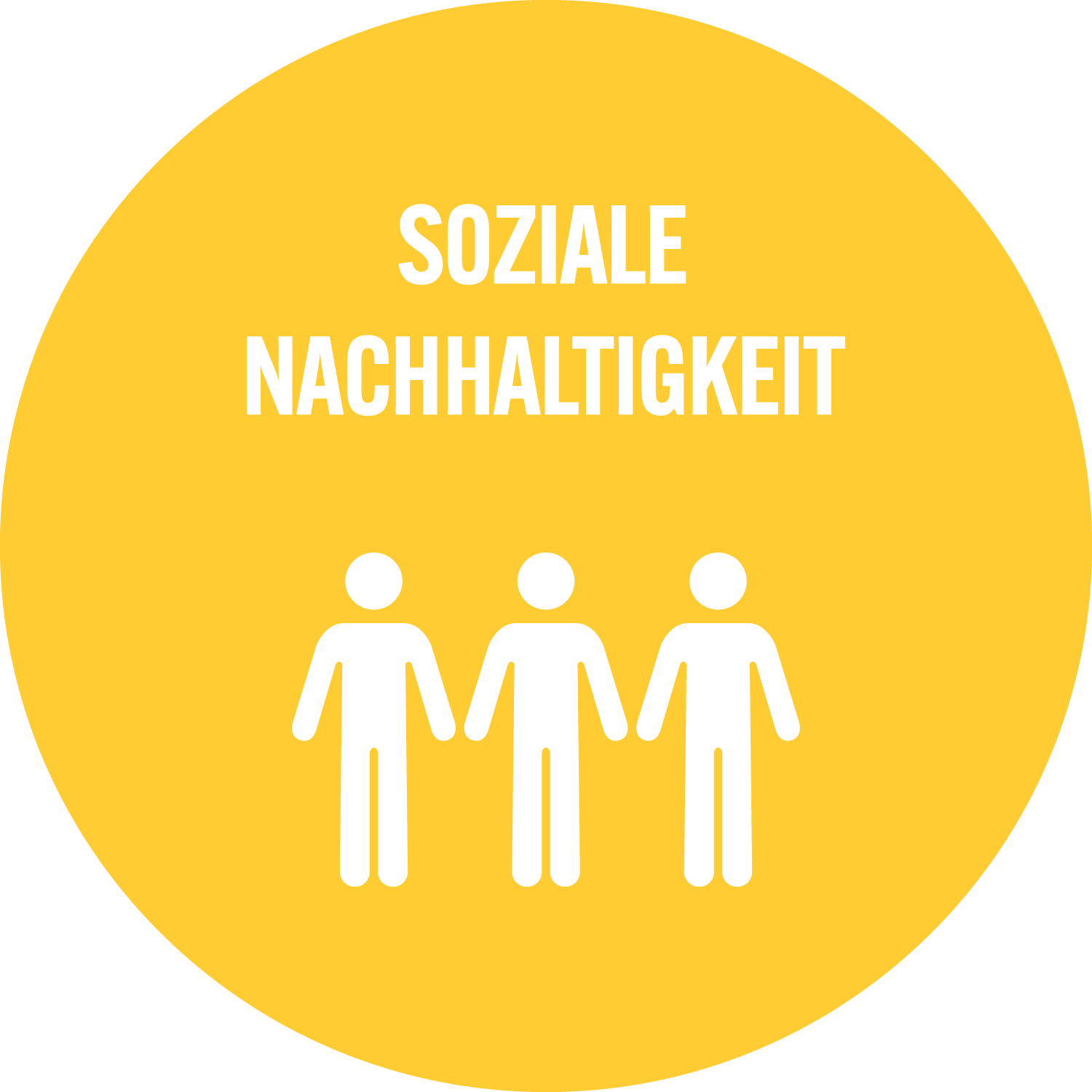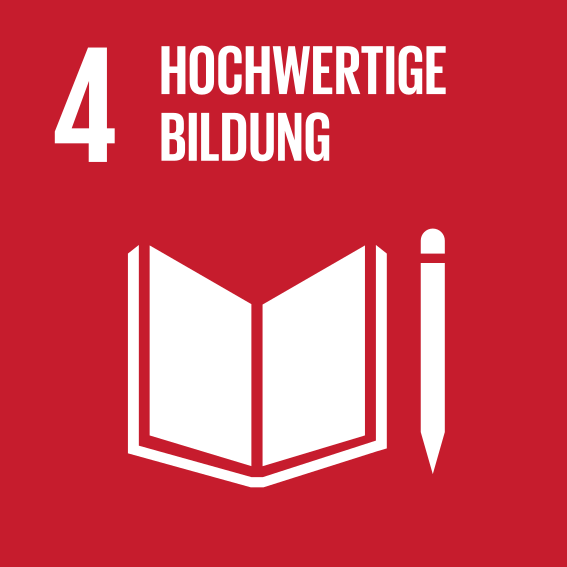|
Digitale Tools in der finanziellen Bildung: Ein Scoping Review
Vogler, Manuel
;
Aprea, Carmela

|
Dokumenttyp:
|
Präsentation auf Konferenz
|
|
Erscheinungsjahr:
|
2022
|
|
Veranstaltungstitel:
|
Jahrestagung 2022 der Sektion Berufs- und Wirtschaftspädagogik der Deutschen Gesellschaft für Erziehungswissenschaft (DGfE)
|
|
Veranstaltungsort:
|
Freiburg, Germany
|
|
Veranstaltungsdatum:
|
26.-28.09.2022
|
|
Verwandte URLs:
|
|
|
Sprache der Veröffentlichung:
|
Deutsch
|
|
Einrichtung:
|
Fakultät für Betriebswirtschaftslehre > Wirtschaftspädagogik, Design and Evaluation instruktionaler Systeme (Aprea 2018-)
|
|
Fachgebiet:
|
330 Wirtschaft
370 Erziehung, Schul- und Bildungswesen
|
|
Freie Schlagwörter (Deutsch):
|
Finanzkompetenz , Finanzielle Bildung , digitale Tools
|
|
Freie Schlagwörter (Englisch):
|
financial literacy , financial education , digital tools
|
|
Abstract:
|
Im Zuge der Corona-Pandemie sowie der digitalen Transformation finden digitale Lerntools ähnlich wie in anderen Lehr-Lernsettings aktuell auch in der finanziellen Allgemeinbildung große Beachtung. Die Tools reichen dabei von Lernplattformen oder digitalen Lernvideos bis hin zu Serious Games oder virtuellen Lernsimulationen. Trotz hoher Euphorie fehlt derzeit allerdings ein Überblick darüber, welche Tools zum Einsatz kommen, welche Zielgruppen angesprochen bzw. welche Inhalte abgedeckt werden sollen und wie die Effektivität dieser Tools ermittelt wird. Diese Fragen werden im zu präsentierenden Beitrag mit Hilfe eines Scoping Reviews adressiert. Anhand der PRISMA Guidelines für Scoping Reviews wurde zunächst eine systematische Literaturrecherche vorgenommen. Die Suchbegriffe waren dabei ‚digital tools‘ und ‚financial literacy‘, die Suche begrenzte sich außerdem auf Titel seit 2010. Es gab dabei keine Begrenzung der Art der Veröffentlichung, es finden sich also sowohl peer-reviewed Artikel als auch graue Literatur wieder. Bei der weiteren Sichtung der Literatur wurden sämtliche Arbeiten ausgeschlossen, welche nicht explizit ein digitales Lernarrangement oder -tool und deren Einsatz im Fokus hatten. Die Analyse soll die unterschiedlichen Modalitäten der Tools auswerten und Forschungslücken aufzeigen.
|
|
Übersetzung des Abstracts:
|
In the context of the Corona pandemic and the digital transformation, digital learning tools are currently attracting a great deal of attention in financial education, similar to other teaching-learning settings. The tools range from learning platforms or digital learning videos to serious games or virtual learning simulations. Despite the high level of euphoria, however, there is currently no overview of which tools are used, which target groups are addressed or which content is to be covered, and how the effectiveness of these tools is determined. These questions are addressed in the paper to be presented with the help of a scoping review. Using the PRISMA guidelines for scoping reviews, a systematic literature search was first conducted. The search terms were (digital OR online OR internet OR electronic OR media OR virtual OR game OR tech*) AND („financial literacy” OR „financial education” OR „personal finance”) from the year 2010 until now. There was no restriction on the type of publication, so both peer-reviewed articles and grey literature were included. In the further review of the literature, all works were excluded that did not explicitly focus on a digital learning arrangement or tool and its use in the education. The analysis is intended to evaluate the different modalities of the tools and to identify research gaps.
(Englisch)
|
 
 Suche Autoren in Suche Autoren in
Sie haben einen Fehler gefunden? Teilen Sie uns Ihren Korrekturwunsch bitte hier mit: E-Mail
Actions (login required)
 |
Eintrag anzeigen |
|
|
 ORCID: 0000-0002-6413-2999 ; Aprea, Carmela
ORCID: 0000-0002-6413-2999 ; Aprea, Carmela






 Suche Autoren in
Suche Autoren in